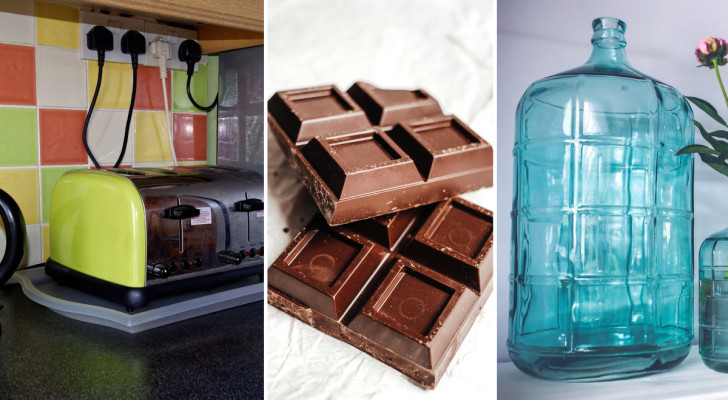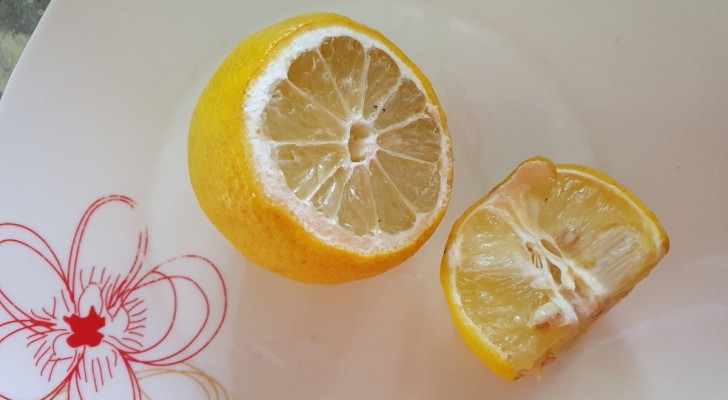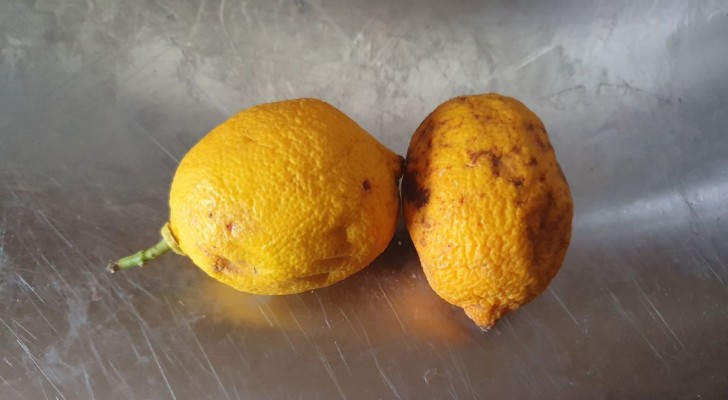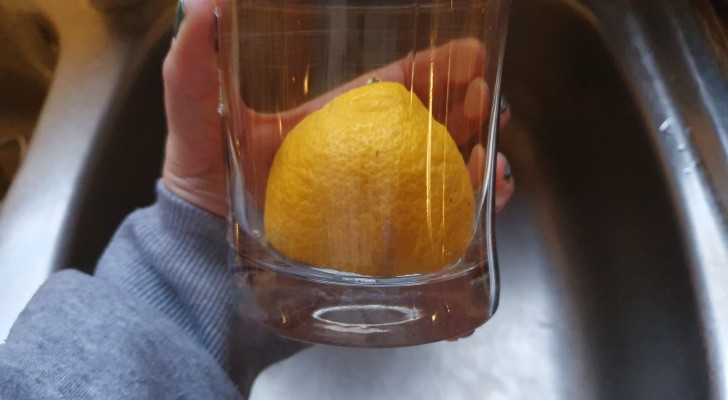Coffee with mocha: 6 tips to make it amazing
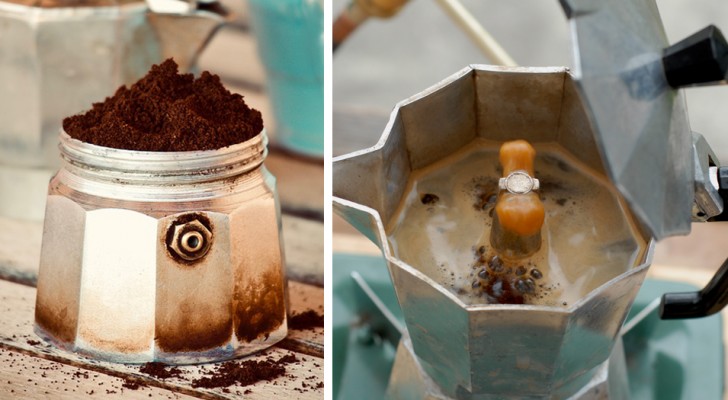
Coffee is one of the most popular drinks in the world, and there are cultures that make it an art. Whether it's an essential morning ritual or the energy boost needed during a working day, it is estimated that every day around the world over 2 billion cups are drunk and everyone has their own favorite way of consuming or preparing it. This makes coffee one of the most lucrative commodities in international trade. we begin below a path that will reveal some tricks to prepare it, some of its benefits and finally some interesting historical notes.
via pbs.org
How to prepare a good coffee with the moka
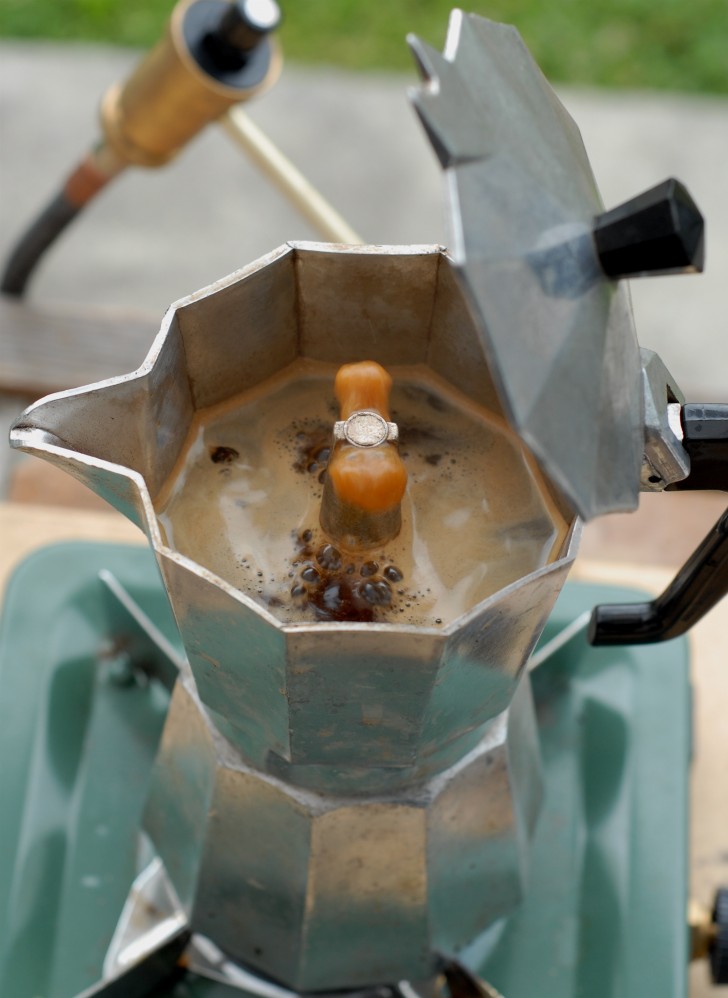
Jamesjsimon / Wikimedia commons
Being a drink that has been widespread for so long all over the world, the way of consuming it varies greatly from country to country, and sometimes even within a country the different regions and even cities boast different preparations both in terms of machinery used for making it. infusion that the very way to use them.
At home, most people now resort to two main methods to prepare their coffee: with automatic machines in which you insert ground coffee and disposable pods, or with the mocha.
The latter is the more traditional alternative, as well as the one that for many connoisseurs ensures an unbeatable aroma. But also with regard to its correct use, there are two great schools of thought: there are those who believe that the only coffee worthy of the name is more consistent and dense, prepared with a greater dose of powder, and those who believe that a quantity not Excessive coffee in the filter ensures a better functioning of the mocha itself, resulting in a slightly more diluted drink with a richer fragrance.
However, there are a series of precautions that, regardless of personal preferences, ensure a better result of the coffee.
- Use coffee beans: no matter how good the powdered coffee found in shops and supermarkets is, the one in beans to be ground from time to time ensures an increasingly fragrant drink. It is therefore preferable to have a grinder to prepare the amount of coffee powder necessary for the mocha every day, and use it immediately in the same moment.
- Check the condition of the gasket: depending on how often the coffee machine is used, the rubber gasket must be periodically changed. To understand when the time has come, you must first look at the colour: if when you wash the machine the gasket does not turn white, it means that it is time to replace it. In fact, when they blacken and become too dry or cracked, they lose the necessary elasticity by letting the steam escape from the thread rather than keeping it inside the boiler. This lengthens the preparation times and produces a coffee with a more “burnt” flavor.
- Water: there are few places where the taste of drinking water is not strong enough to spoil the taste of coffee (or tea). So it is better to choose a natural mineral water with a neutral flavour and heat it in a saucepan, turning off the heat just before it starts to boil, then pour it immediately into the moka: in this way the coffee must be exposed as little as possible to the heat of the stove . Furthermore, when pouring the water into the moka pot, the tank should only be filled up to just touch the valve (some models also indicate the recommended water level with a notch).
- The amount of coffee: this is the real bone of contention. There are those that are faithful to the theory of the "mound", so you should always create a heap that exceeds the level of the filter, creating a sort of mound of coffee powder in the centre. However, it is often recommended to fill only up to the edge, indeed eliminating the excess with a knife blade so that the top of the grounds is level. In the first case, the coffee is denser, but the machine is subjected to greater effort and tends to spoil sooner, and the taste of the drink is intense and very toasted. In the second case, the mixture is slightly more liquid, but the taste is more fragrant and aromatic. In both cases, however, you should never press the coffee into the filter: pour it in so as to fill as much as you want, taking care not to let the powder get out of the filter and onto the thread.
- Cooking with the lid up: another practice to be followed at personal discretion is to keep the lid up until the mocha begins to emit its characteristic noise. As soon as the coffee begins to come out, it will be closed, turning off the heat just before (or shortly after) the liquid has started to come out.
- Cups: the material that best retains the heat and aromas of coffee is porcelain.
The benefits of coffee
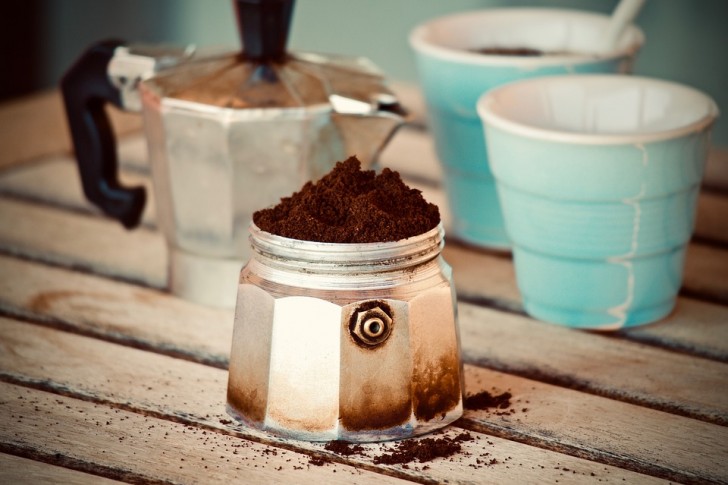
Coffee can help people feel less tired by increasing their body's energy level thanks to caffeine, a stimulating psychoactive substance. Drinking coffee causes caffeine to enter the blood system and reach the brain, where it blocks adenosine, an inhibitory neurotransmitter that acts as a sedative for the central nervous system. There are also studies that have proven the ability of coffee to improve some aspects of brain activity including memory, mood, reaction times.
Caffeine can also help burn fat, which is why it is present in several dietary supplements that aim to reduce the amount of fat in the body. However, it is an effect that could decrease its effectiveness in the case of a high and prolonged consumption of coffee.
Another beneficial effect for health is the increase in epinephrine in the blood, which prepares the body for strenuous exercise sessions: there are those who consume a cup of coffee about half an hour before starting to train in the gym.
Some studies have also found that coffee may help in fighting type 2 diabetes, a disease that is extremely widespread around the world, caused by insulin resistance or the reduced ability to produce insulin that leads to high levels of blood sugars.
There are also researches that investigate the ability of coffee to protect against the onset of neurodegenerative diseases such as Alzheimer's and Parkinson's, for which there is no cure. In addition to following a healthy lifestyle in terms of exercise and diet, drinking coffee can decrease the chance of Alzheimer's by 65%. While the estimated rate for Parkinson's is around values between 30 and 60% less chance of onset.
A study was conducted at Harvard in 2011 on a group of women who consumed a large amount of coffee every day, finding a 20% decrease in the risk of falling prey to depression.
However, there are certainly also a number of contraindications: in some categories of people, the high consumption of coffee can lead to an increase in blood pressure levels. Also, drinking it with milk, cream or even large amounts of sugar can have negative health consequences.
However, if the clinical picture allows you to drink it in moderate quantities, coffee certainly has excellent effects on the body, brain activity and mood, which explains why so many people cannot do without it!
A short history of coffee
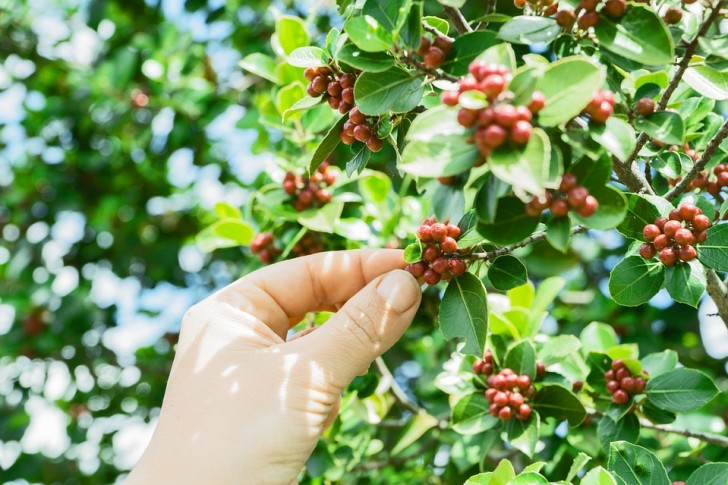
The origins of this drink are still quite mysterious today. An Ethiopian legend tells that the stimulating properties of the coffee plant were discovered by a goat herder named Kaldi, who found his goats having fun and full of energy after consuming the red fruits of the coffee bush. When Kaldi tasted the fruit he had a similar reaction. He would then be a monk, witness to the strange behavior of the shepherd and his sheep, who would bring some of those fruits back to the convent, where all the monks would remain awake and alert for a night after consuming coffee. Although the historical origins cannot be documented with certainty, the coffee plant, Coffea Arabica, is in fact a tropical evergreen shrub, typical of Ethiopia. C. Arabica and C. canephora (also of African origin) are still the two botanical species from which almost all the coffee produced in the world derives.
Before becoming a drink, however, it seems that coffee was consumed in many different ways, which involved the use of all the fruit. The coffee berry, in fact, is a red fruit like a sort of cherry when ripe, and the coffee bean is inside it. Originally, all the fruit was mixed with animal fat to create a high-protein energy food. Later, fermented pulp began to be used to prepare a drink similar to wine, not unlike cocoa beans. It was also found that in 1000 BC a drink was prepared for which all the fruit was used. It was only in 1200 that coffee beans began to be roasted, thus starting the development of the process that is the basis of the drink we consume today.
The word "coffee" has an uncertain etymology: in Yemen the drink was called "gahwah", an ancient term used for wine. In Turkey it became "kahveh", then in Dutch the term changed to "koffie" and finally "coffee" and "coffee".
The modern version of roasted coffee originated in Arabia: in the 13th century it was very popular among Muslims for its stimulating properties, exploited during long prayer sessions, and also appreciated as an alternative to the consumption of wines and spirits, prohibited by the Koran. . It was not until 1600 that coffee began to spread outside of Arabia or Africa, when an Indian pilgrim, Baba Budan, left Mecca carrying fertile seeds.
The Dutch were the first to trade coffee produced in Asia, followed at the end of the 1600s by the French who imported it from South America. Soon companies were born in Italy and France, which made the drink extremely popular, which then entered the traditional cuisine of these and many other countries. In America, on the other hand, coffee became really popular towards the end of the 18th century, or rather after the Boston Tea Party, an event after which preferring coffee to tea became a gesture with a symbolic meaning. The drink was also very useful during the Civil War, as a source of energy for soldiers.
Between the 19th and 20th centuries, the coffee trade grew exponentially throughout the world: nowadays there is no area of the world where it is not consumed, and in huge quantities.
